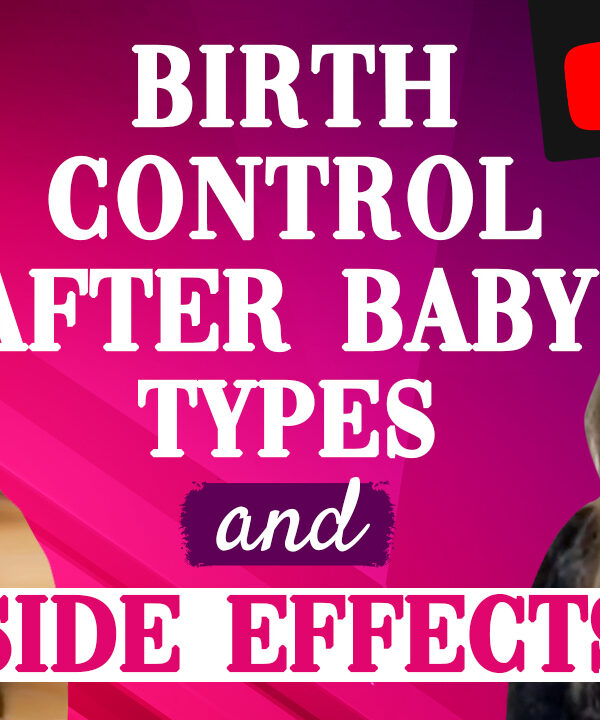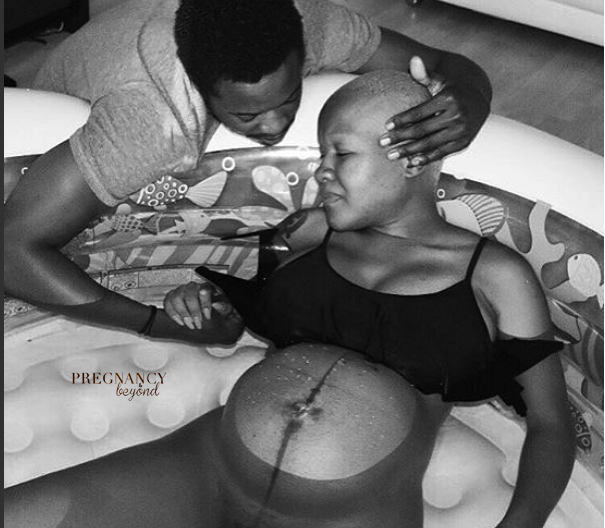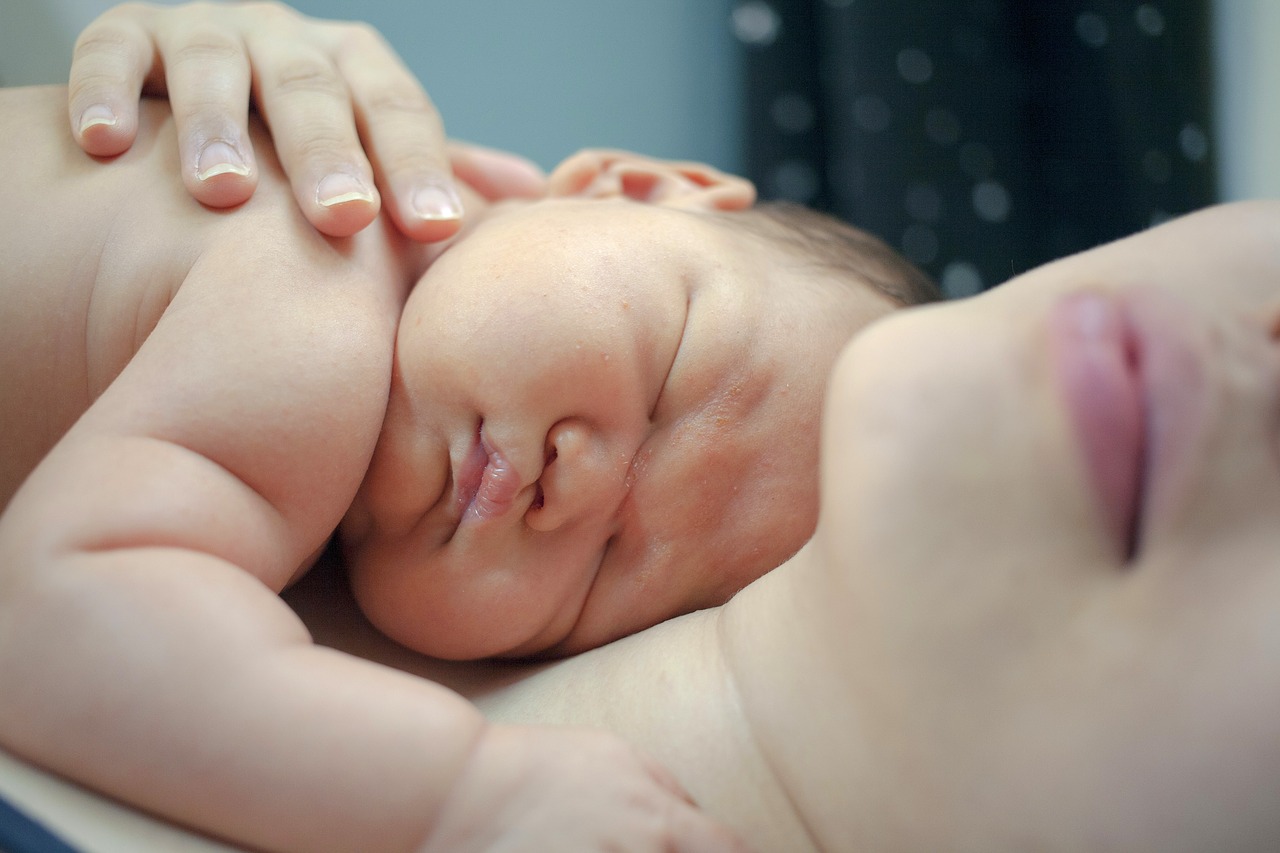
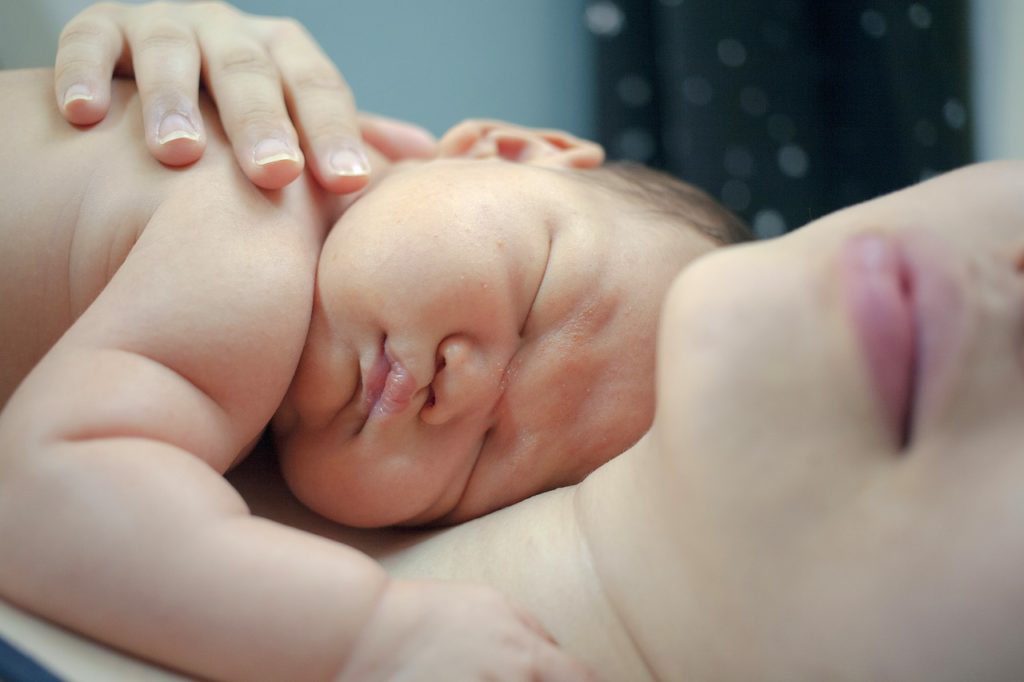
Postpartum Psychosis:
Postpartum psychosis By Hanna Murray, Labor & Delivery Nurse.
Ahhh the birth of your baby, such an exciting and happy time! Women usually prepare a lot for the actual birth, but some don’t realize to prepare for postpartum. Do you know what happens in the first 24 hours after delivery? It’s a huge change for both you and your baby. So read on to find out more about Postpartum Psychosis.
All written by a seasoned labor and delivery nurse about Postpartum Psychosis. She has helped hundreds of women in the postpartum period. Plus, learn some helpful tips to deal with that first eventful day.
What Physiological Changes Happen to Your Baby?
Right after your baby comes out they take their first breath. Before they come out of your uterus, their lungs are filled with fluid. That first breath pushes most of the fluid out of the lungs and they can fill with air! This happens very fast, and although the baby has been practicing for a while, it’s a huge change for them.
Their whole world has changed at this point. Everything is brighter, louder, drier, and just plain strange!
That is why you will become a safe spot. When babies are close to their mothers, they feel safe. Don’t be surprised if your little baby doesn’t want to sleep alone in the bassinet. It’s just too foreign to them! They are used to being rocked to sleep in the warm, dark cave that your uterus was to them.
This doesn’t mean that you will spoil your baby. Hold them as much as you can in the beginning, and skin-to-skin is the ideal way to hold them.
Skin-to-Skin Should Start Right Away:
If your baby comes out crying and healthy, start skin-to-skin right from the start. This will help to maintain their temperature. It will also help to maintain their blood sugar and make it so they will breastfeed sooner and with more ease. The doctors or nurses might want to take your baby and get them examined, but please ask them to wait. Skin-to-skin is more important at this time.
As long as your baby is healthy, breathing well, and has normal vitals, tell your providers that you want to continue to do skin-to-skin for as long as possible and ideally for at least one hour after birth and until the baby has had its first full feed at the breast.
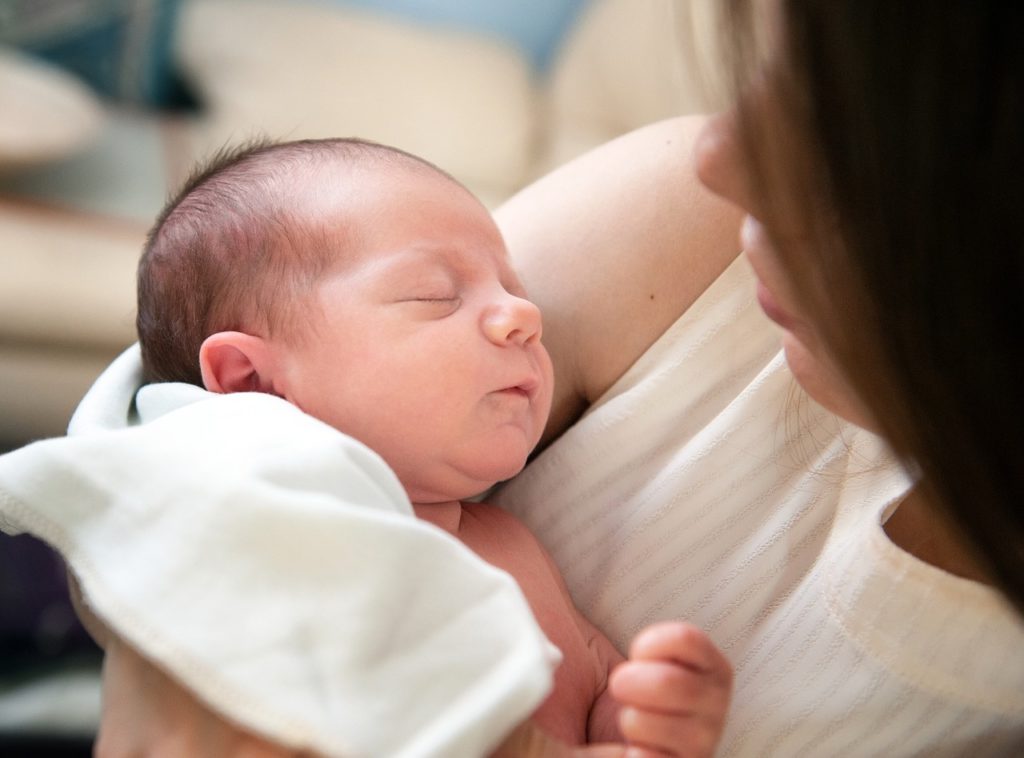
Ask Your Visitors to Stay at Home.
If you are breastfeeding, your baby will have its first feed in the first couple of hours after birth. After that, most babies have a nice long sleep, so this is when you (and your partner if you have one) need to rest as much as you can. You will probably be exhausted from birth and you need your rest! Please ask all visitors to come AFTER this important rest period. If you feel uncomfortable telling them to leave, your nurse will have no problem letting them know that now is the time to leave!
The first 24 hours, your baby will be more sleepy so this is prime time for you to catch up on sleep. Sleep is so important for your milk supply and for your healing after birth. Don’t skimp on sleep! After the first 24 hours, babies tend to wake up more and want to eat more, so it would be ideal if you have gotten more rest so that you can deal with this period of fussiness in your newborn.
What happens to you physiologically right after birth?
Once your baby is out your uterus keeps contracting. Eventually, you will birth the placenta as well. Once the placenta is out, your providers will press on your belly to make sure that your uterus is contracting, it’ll feel like a hardball. We want it to be contracting because then you will bleed less. It should contract so that it goes back down to the size it was before you were pregnant. You will bleed a lot right in the beginning, but your doctor and nurses are keeping an eye on the bleeding and making sure it isn’t too much!
If you had a tear or episiotomy, your provider will stitch you up at this time. Once that is all done your nurses will clean you up and watch you and your baby for about an hour or two. This is the ideal time to do skin-to-skin.
You Will Keep Having Contractions!
The contractions can be painful while you are holding your baby or breastfeeding your baby because your body will be releasing oxytocin and this is the hormone that makes your uterus contract. The contractions are good and will prevent you from bleeding too much.
If your uterus doesn’t firm up and you are bleeding too much your providers might give you some extra meds to help with the bleeding. You are in good hands!
Once your baby is out. Put a hand just below your belly button and press firmly. You will feel a hardball, this is your uterus! It’ll keep getting smaller and smaller until your uterus is about the size of your fist and way down in your pelvis. This happens at about 6 weeks postpartum.
The contractions are supposed to happen and are absolutely normal! In fact, after each baby, the post-birth contractions will be more and more painful. Some women are surprised because they think the contractions stop once the baby is out!
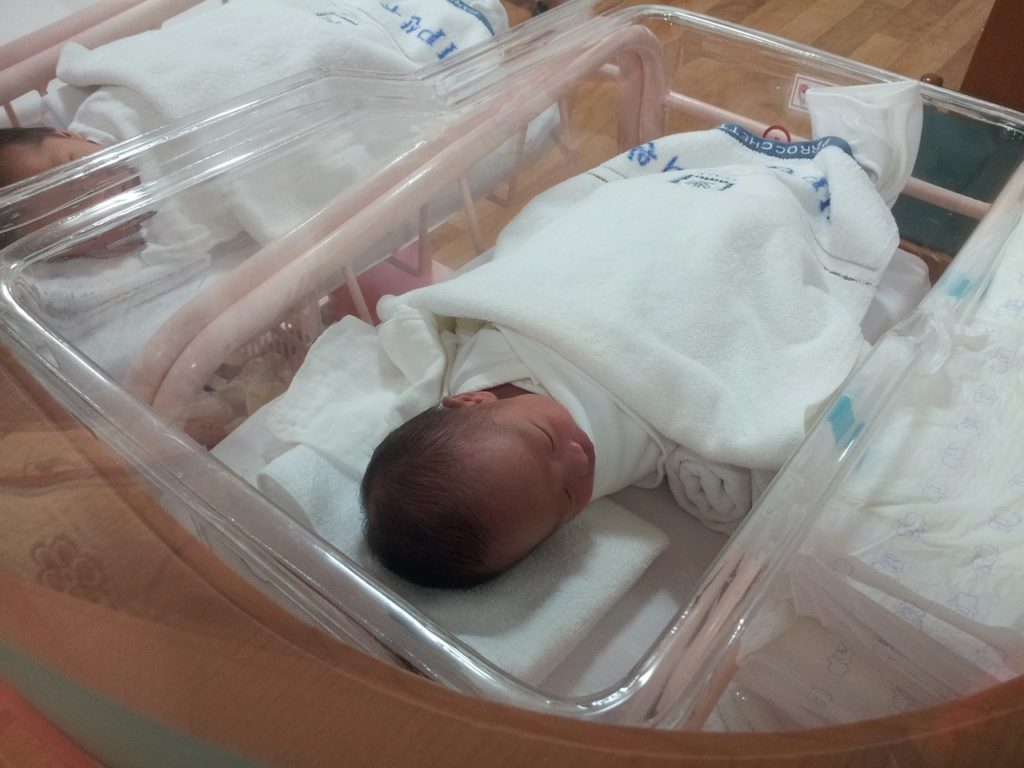
Take Your Pain Meds.
This leads me to the next point. Don’t hesitate to take the pain meds that your nurse will offer. It’s much better to stay comfortable in these early hours after your baby is born than to be miserable!
You will only need the pain meds for the first few days after delivery and they will help a lot with painful contractions
Bleeding will continue for up to 6 weeks
You are bleeding from the spot where your placenta was. There is basically a huge sore where your placenta was attached to your uterus on the inside. You will be bleeding a lot in the first 24 hours so invest in some nice big pads. Your hospital will most likely give you some big pads and some great mesh undies. Use them!
The first 2-3 days are the worst for the bleeding. It will taper off, but be prepared to have bled off and on for up to 6 weeks, it can be totally normal!
That’s about Postpartum Psychosis for the first 24 hours postpartum. I really hope this helps you prepare and that you have a healthy and happy birth.
Postpartum – What to expect in Postpartum?
About the Author

My name is Hanna, founder of Babytalk. I am a labor and delivery nurse and doula. Moreover, I love educating new and expectant moms. I believe that birth is the most powerful event any woman will go through in her life. It’s important to be prepared. That’s why I started my blog, Babytalk. So I can educate as many women as possible, far and wide! Please check it out at www.babytalk.life and I’m also over on Instagram educating women far and wide, I’m @babytalk.birthnurse on there and would love it if you’d follow me! I promise you’ll learn a lot!
FIRST TIME MOM GUEST POST LABOR AND DELIVERY POSTPARTUM PREGNANCY PREGNANT WOMENS HEALTH

